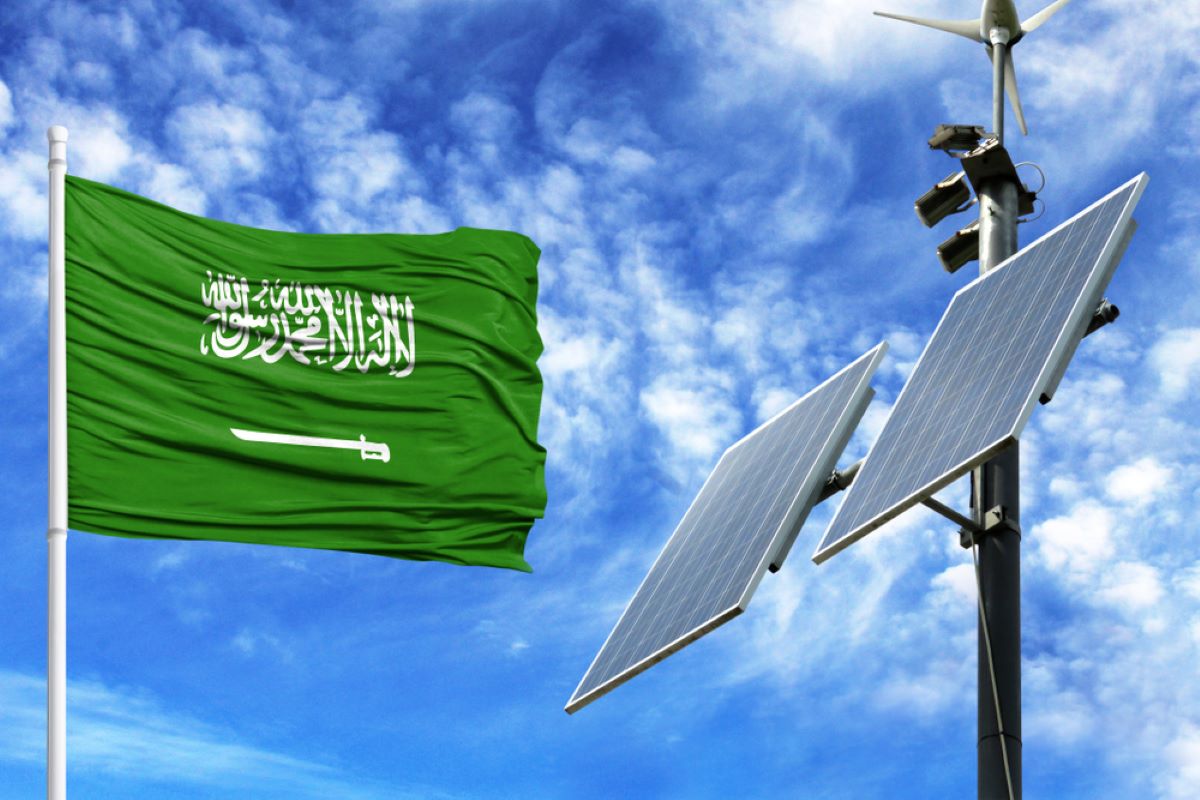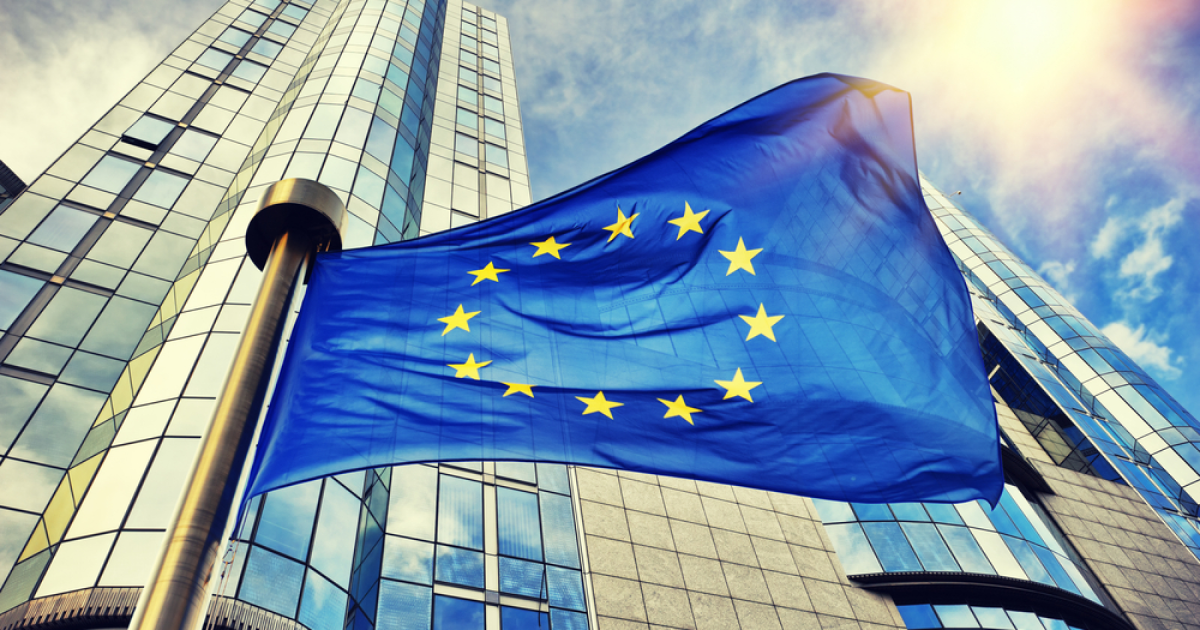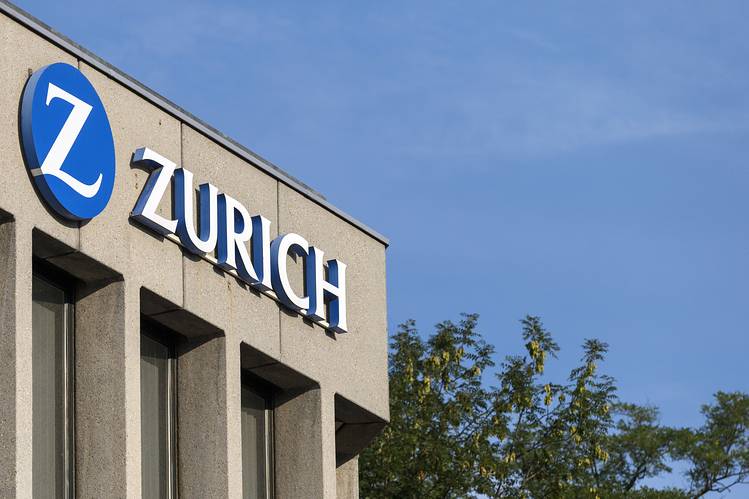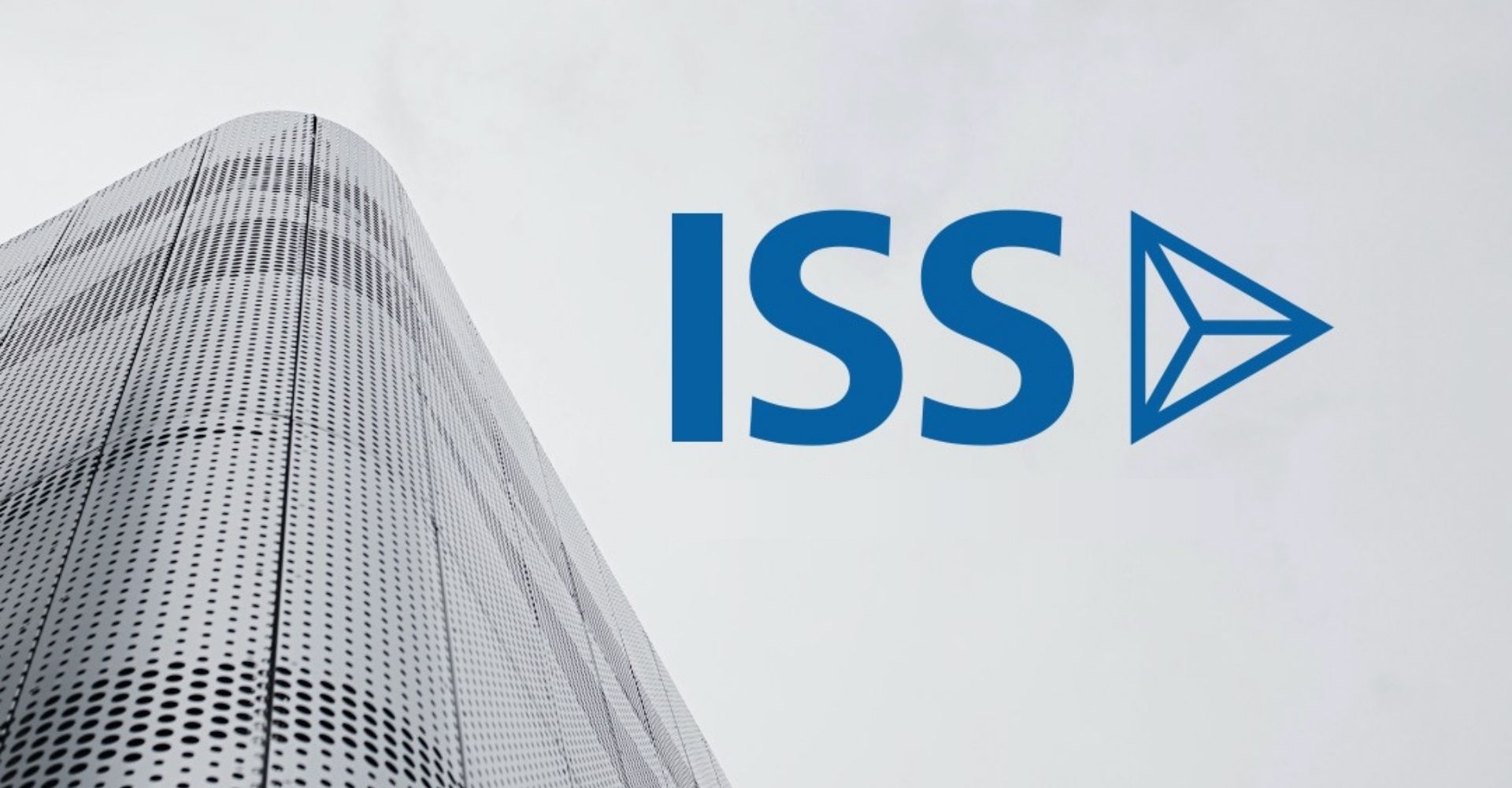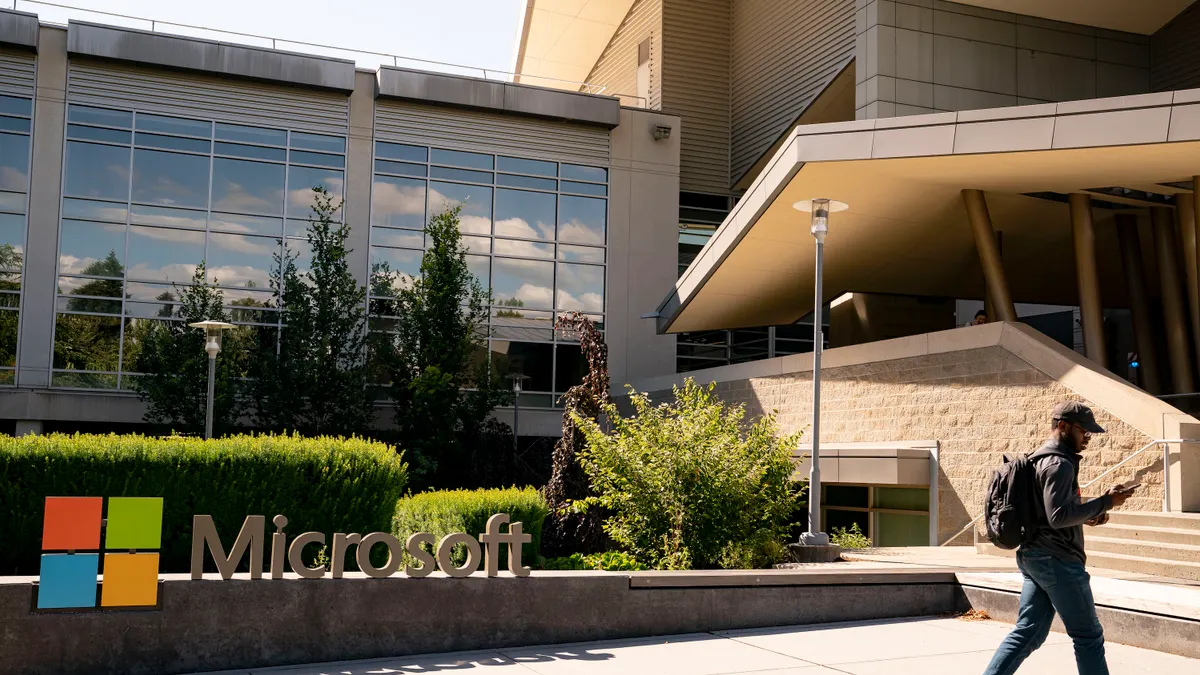The Metals Company Publishes Inaugural Impact Report
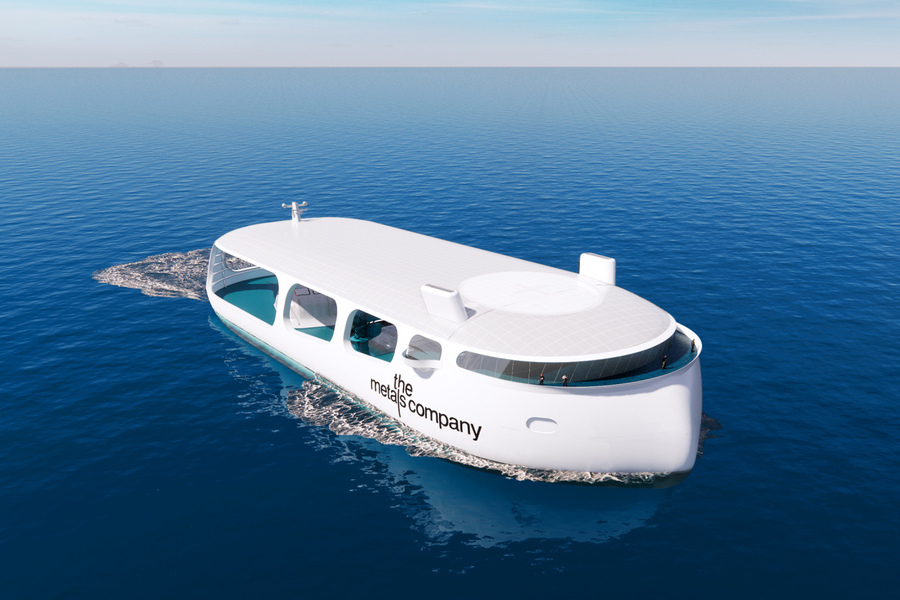
Details Future Operations and Strategy for Net-Positive Planetary Impact
The Metals Company, an explorer of lower-impact battery metals from seafloor polymetallic nodules, released its first Impact Report detailing the Company’s past, present and expected future ESG impacts, while providing insight into the drivers of its efforts to collect nodules from the CCZ including the global scramble to meet an estimated six-fold increase in the production of metals required for the energy transition.
The report provides a forward-looking view of the impacts of TMC’s expected operations and its efforts to reduce or eliminate these before a single nodule is commercially collected, in line with the Company’s focus on creating a net-positive planetary impact. The report outlines the case for polymetallic nodules in the CCZ as an alternative, large-scale supply of potentially lower-impact nickel, cobalt, copper and manganese, as compared with terrestrial sources, and outlines the Company’s goal of using nodule-derived metals to build up recyclable stocks of battery materials as the basis of a future circular metals economy.
Gerard Barron, CEO & Chairman of The Metals Company, said: “To build a green future, our generation will need to mine more metal than we have mined in our entire history. This will lead to more emissions, more social displacement, more habitat destruction and more biodiversity loss. The questions are: How much? Where? Who will bear the brunt of the ESG costs? Can we afford it? Can the planet? Working through these trade-offs will require realism, pragmatism and some courage. In this inaugural Impact Report, we share how we intend to navigate these choppy waters and give stakeholders a full picture of who we are, why we exist, and how we plan to execute our mission.”
Erica Ocampo, Chief Sustainability Officer of The Metals Company, said: “We share the vision set forward by the U.N. SDGs of a thriving world for all. By openly providing the information in this report we are inviting a dialogue to help drive solutions that will bring that vision to life. With nodules in international waters considered the common heritage of humankind, TMC is committed to putting the resource to work for generations to come and we welcome partnerships, including those with unlikely allies, because now is the time to act to create the future that we want.”
See related article: Wheaton Precious Metals Publishes Third Annual Sustainability Report Highlighting Continued ESG Leadership
TMC’s Impact Report also details the Company’s corporate structure and governance, the partnerships with its Pacific Island sponsoring states, the regulatory regime governing the international waters of the Clarion Clipperton Zone (CCZ); as well as TMC’s strategy to contribute to the UN Sustainable Development Goals (UN SDGs). Presented on behalf of TMC and its subsidiaries, the report covers the Company’s offshore exploration activities and onshore processing trials from 2012 until December 31, 2021 and also serves as the Company’s U.N. Global Compact Communication of Progress for 2021.
For positive impacts to date, The Metals Company has focussed on:
Advancing deep-sea ecosystem knowledge
TMC is contributing knowledge of the deep ocean through a comprehensive environmental program, which analyses areas of the CCZ from the surface down through the water column to the abyssal plain. In 2021, TMC completed five environmental campaigns in partnership with world-leading ocean scientists. The data collected is expected to inform hundreds of peer-reviewed studies in the years to come and will be made available through the ISA’s public environmental database.
Improving operational visibility for all stakeholders
TMC entered into an agreement with Kongsberg Digital on the development of its Digital Twin and Adaptive Management System to provide 3D visualization of the deep-sea operating environment and enable operations to stay within ecological thresholds. While the nodule resource lies in perpetual darkness three miles deep, these systems will enable the Company to collect nodules in clear sight of both the regulator and stakeholders.
Contributing to peer-reviewed scientific literature
When it comes to extracting the raw materials needed to combat climate change, most current solutions present themselves as difficult trade-offs. In 2021, TMC contributed to the discussion as to where these metals should come from by commissioning and publishing two peer-reviewed research papers in high-impact journals, considering both the solid waste streams from producing critical minerals and the opportunities for ethically sourcing critical metals from nodules collected from the CCZ.
Building tomorrow’s STEM pipeline
From secondary school scholarships to technical training to undergraduate and graduate scholarships, TMC is fostering STEM education in its sponsoring and developing states, with a particular emphasis in promoting women’s participation in these opportunities. In 2022, TMC is supporting nine students (eight undergraduates and one postgraduate) in their studies at the University of the South Pacific (USP) in Suva, Fiji, through its scholarship program, and two students have graduated with Bachelor’s degrees to date. Through its scholarship programs, the Company is currently supporting nine secondary school scholarships in Tonga and has provided 10 technical training scholarships at the Tonga Maritime Polytechnic Institute between 2020-2021. The Company is currently supporting nine undergraduate scholarships and one master’s level scholarship at USP.
Reducing lifecycle impacts of nodule processing
In 2021, TMC found a way to reduce the consumption of metallurgical coal during the pyrometallurgical processing phase by at least 10%, as part of the validation process for its near-zero solid waste processing flowsheet.
Supporting sponsoring state communities
Through its community grant programs, TMC supported 16 community-led initiatives and sponsorships in Nauru and 16 community-led initiatives in Tonga, focussed on five themes: ocean health and the environment; women’s empowerment; youth initiatives; sanitation and water; and healthy living and food security. In 2021, these projects included the planting of mangroves, a powerlifting championship and waste management programs.
Focusing on gender parity in the boardroom, targeted among workforce
With just 3% of S&P 500 companies’ boards comprised of 50% or more women today, TMC joined a small but rapidly growing number of companies delivering on 50% gender parity goals with the appointment of Kathleen McAllister to its board. Across its wider workforce, 35% hail from racially diverse backgrounds and 32% of TMC staff are female.
Strengthening oversight of ESG performance
TMC is developing a governance structure that firmly embeds ESG topics into its business and has established a Sustainability & Innovation Committee at the Board level to oversee and review the Company’s Sustainability and Innovation objectives as well as hired a Chief Sustainability Officer, Erica Ocampo, to establish and shepherd TMC’s strategic framework on sustainability.
TMC’s 2021 Impact Report was prepared using the Global Reporting Initiative (GRI) Standards as guidance. In addition to GRI, the report references additional frameworks including the Task Force on Climate-related Financial Disclosures (TCFD), and Sustainability Accounting Standards Board (SASB) for the minerals and mining sector.
To download TMC’s 2021 Impact Report, click here.
Source: The Metals Company

